Endobronchial Tube
Free!
Description
The Endobronchial Tube is a specialized type of endotracheal tube designed for one-lung ventilation (OLV), most commonly used during thoracic surgeries or procedures involving the lungs, esophagus, or chest cavity. It allows selective ventilation of either the left or right lung by isolating one bronchus, enabling surgeons to operate on a deflated lung while the other continues to ventilate the patient.
Crafted from biocompatible, medical-grade materials, the tube typically features two lumens—one for each lung—along with two cuffs: one tracheal and one bronchial. These cuffs help seal the respective airways, allowing controlled and independent lung ventilation. A color-coded system, precise depth markings, and a radio-opaque line aid clinicians in correct placement and real-time verification during imaging.
Key Features & Benefits:
-
Dual-lumen design enables independent or simultaneous ventilation of each lung.
-
Tracheal and bronchial cuffs provide reliable airway sealing and prevent cross-ventilation.
-
Anatomically curved shape facilitates correct alignment with the bronchial tree.
-
Clear depth markings and color-coded lumens ensure accurate positioning.
-
Radio-opaque line assists in confirming placement with imaging techniques.
-
Universal connector compatible with anesthesia and ventilator circuits.
Common Use Cases & Industry Applications:
-
Thoracic surgeries requiring lung isolation (e.g., lobectomy, pneumonectomy).
-
Esophageal or mediastinal procedures.
-
Video-assisted thoracoscopic surgeries (VATS).
-
Bronchopulmonary lavage or management of unilateral lung diseases.
-
Emergency airway management in trauma patients with unilateral lung injury.
Comparative Advantage:
Compared to standard endotracheal tubes, endobronchial tubes offer superior control in surgeries where lung isolation is crucial. They eliminate the need for external bronchial blockers and reduce the risk of lung contamination from infections or bleeding. This makes them indispensable in advanced surgical care and pulmonary intervention.
Compliance & Quality Standards:
These tubes are generally produced in adherence to international medical device standards such as ISO 5361 and CE certification protocols. They are often latex-free, minimizing allergy risks, and designed to meet critical care and surgical safety requirements.
Functional Significance:
The endobronchial tube is a cornerstone of thoracic anesthesia and surgical airway management. Its ability to isolate and ventilate each lung independently supports safer and more precise surgeries, reduces complications, and enhances post-operative outcomes for patients undergoing complex thoracic interventions.

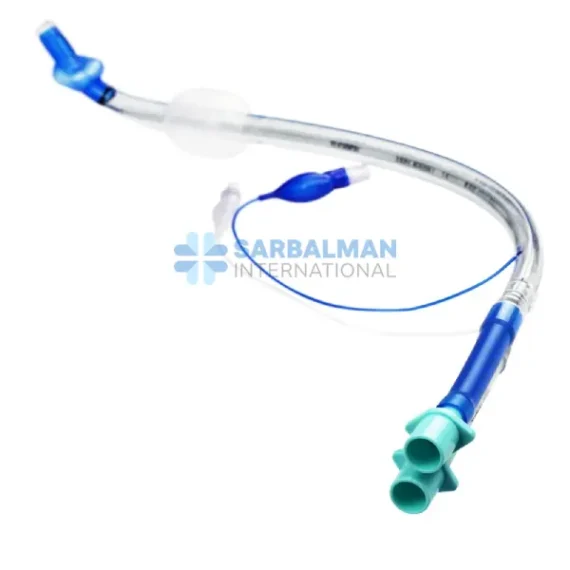
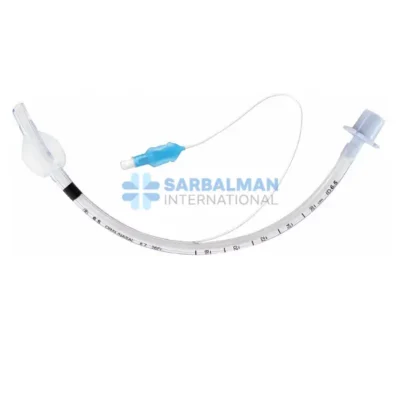
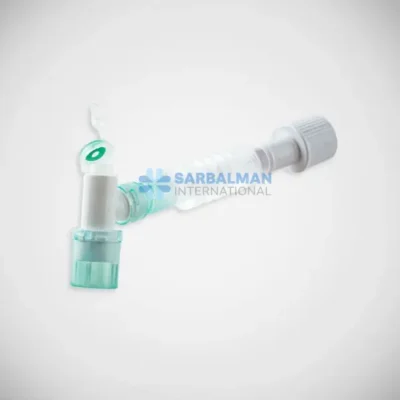
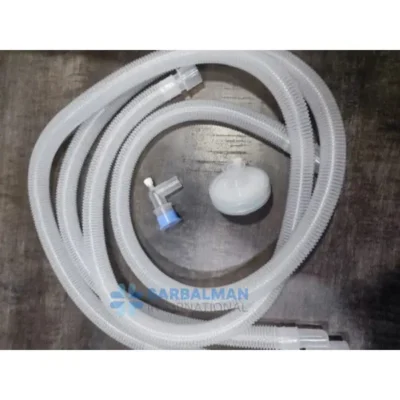
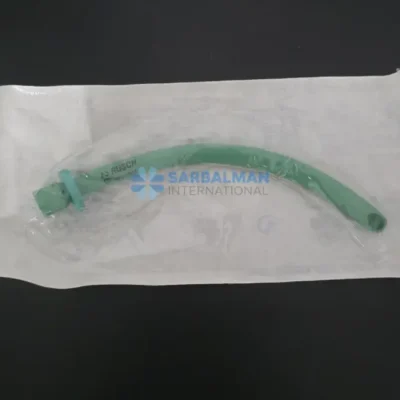
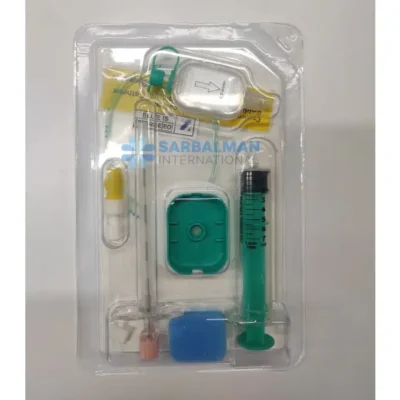
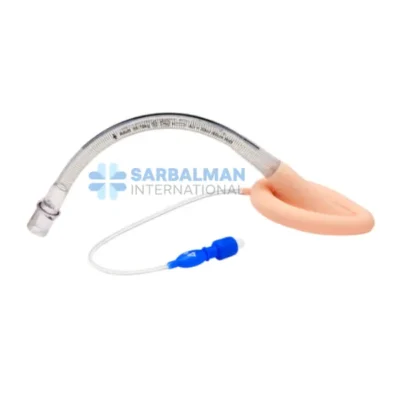
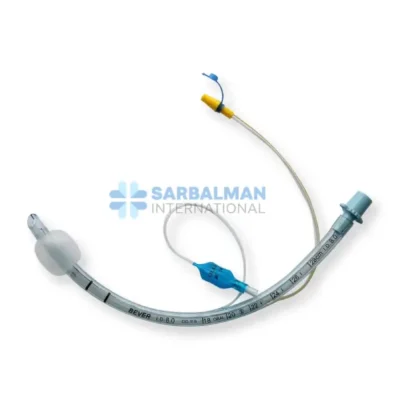
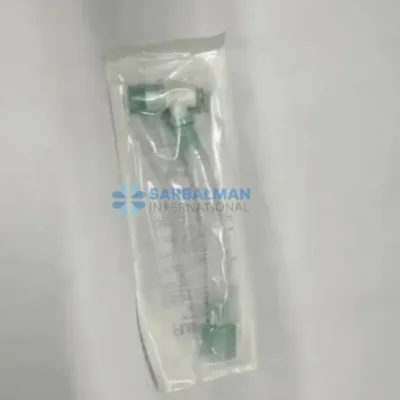
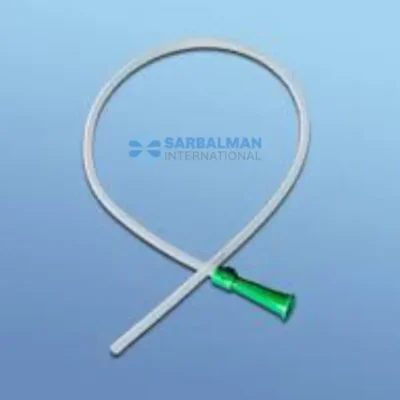
![[3_22 pm, 8_8_2025] Lussy Sarbalman International_ Small Centrifuge without Timer [3_46 pm, 8_8_2025] Lussy Sarbalman International_ Spinal Needle](https://sarbalmaninternational.com/wp-content/uploads/2025/07/3_22-pm-8_8_2025-Lussy-Sarbalman-International_-Small-Centrifuge-without-Timer-3_46-pm-8_8_2025-Lussy-Sarbalman-International_-Spinal-Needle-400x400.webp)


